PVV's Internal Battles: A Test For Wilders' Authority

Table of Contents
Factions Within the PVV: A Growing Divide
The PVV, despite its outward image of unity, is fractured by several distinct factions, each with differing ideologies and goals. These PVV factions represent a clear example of internal divisions within a seemingly monolithic party. These ideological clashes are increasingly playing out in public, undermining the party's image and creating uncertainty about its future direction.
- Hardliners: This faction, closely aligned with Wilders, advocates for a strict, uncompromising stance on immigration and Islam. Key figures within this group often appear alongside Wilders in public appearances, echoing his rhetoric.
- Pragmatists: This group, while still generally supporting the PVV's core platform, advocates for a more nuanced approach to certain issues, seeking to broaden the party's appeal beyond its traditional base. They sometimes express concerns about Wilders' confrontational style.
- Moderate Critics: A smaller, yet significant faction, this group harbors internal criticism of Wilders' leadership, though they might not publicly express dissent. Their concerns often revolve around the party's declining electoral prospects and its increasingly isolated position within the Dutch political landscape.
The differing opinions on crucial issues like immigration policy, EU relations, and economic policy are frequently fueling public disagreements and internal conflicts, weakening the Party for Freedom's overall standing. These PVV factions represent a serious challenge to Wilders' authority and the unity of the party.
Challenges to Wilders' Leadership Style
Geert Wilders' leadership style, characterized by an authoritarian approach and a strong reliance on personal charisma, significantly contributes to the PVV's internal battles. His uncompromising stance and intolerance of dissent have alienated some party members, creating a climate of fear and stifling internal debate. This PVV leadership crisis has raised concerns about the sustainability of his authority.
- Authoritarian Approach: Wilders’ centralized control limits internal discussion and dissent. Decisions are often made without meaningful consultation, fostering resentment and fueling the growth of factions.
- Lack of Internal Debate: The suppression of differing opinions prevents the party from adapting to changing political circumstances and responding to evolving public opinion.
- Limited Opportunities for Advancement: The absence of internal promotion opportunities has led to frustration among ambitious party members, furthering internal divisions within the party.
The consequences of this leadership style are evident in the increasing factionalism and the growing challenges to Wilders' authority within the PVV. The future of the PVV leadership is closely tied to the ability of Wilders to adapt and address these challenges.
The Impact on Election Prospects: A Looming Threat
The internal conflicts within the PVV are having a tangible impact on its electoral performance and creating a real threat to its future success. This political fallout is threatening to significantly reduce the PVV's influence within the Dutch political landscape.
- Loss of Votes: Internal division creates confusion among voters, potentially leading to a decline in support for the party. The perception of disunity reduces the party's credibility.
- Negative Public Perception: Public disagreements and internal strife damage the party's image, making it appear less competent and trustworthy. This affects voter confidence and turnout.
- Potential Defections: Dissatisfied members may choose to leave the PVV, forming splinter groups or joining other parties, further weakening the party's electoral prospects. These defections could signal a further fragmentation of the PVV's support base.
The PVV's election prospects are undeniably jeopardized by the current internal struggles, presenting a serious challenge for the party's future success in Dutch elections.
Potential Solutions and Future Outlook for the PVV
Resolving the internal conflicts within the PVV requires significant effort and a willingness to address the root causes of the division. The future of the PVV hinges on the party's ability to implement effective strategies for improving party unity.
- Improved Internal Communication: Establishing more transparent and inclusive communication channels could help foster greater understanding and cooperation among different factions.
- Leadership Reform: While unlikely given Wilders' position, internal reforms that distribute power and decision-making responsibilities might create a more inclusive environment.
- Focus on Shared Goals: Re-emphasizing the core principles and shared goals of the party could unite members and reduce the impact of internal divisions.
The long-term implications for the PVV depend heavily on its ability to address these issues effectively. The future of the PVV remains uncertain, and without substantial change, its future electoral success will remain highly doubtful.
Conclusion: The Future of the PVV and Wilders' Authority
The internal battles within the PVV are significantly challenging Wilders' authority and the party's future. The growing divisions, coupled with Wilders' authoritarian leadership style, are negatively impacting the party's electoral prospects and could lead to its fragmentation. The PVV’s internal struggles pose a serious threat to its long-term viability. The future of the PVV and Wilders' political future hangs in the balance. Continue to follow developments within the Party for Freedom to see how these PVV internal struggles ultimately shape the Dutch political landscape.

Featured Posts
-
 Cassie Ventura And Alex Fines First Red Carpet Appearance Since Pregnancy Announcement
May 18, 2025
Cassie Ventura And Alex Fines First Red Carpet Appearance Since Pregnancy Announcement
May 18, 2025 -
 Teylor Svift Liderka Prodazhiv Vinilovikh Plativok Ostannogo Desyatilittya
May 18, 2025
Teylor Svift Liderka Prodazhiv Vinilovikh Plativok Ostannogo Desyatilittya
May 18, 2025 -
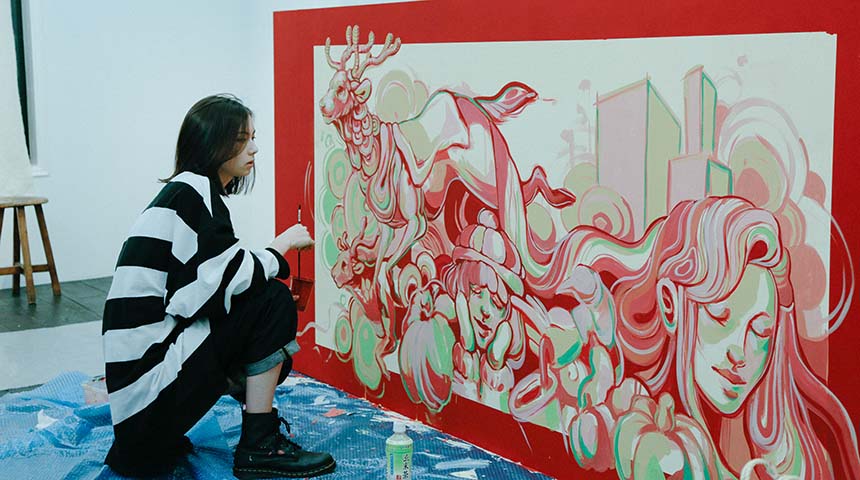 Exploring Metropolis Japan A Guide To Its Urban Landscapes
May 18, 2025
Exploring Metropolis Japan A Guide To Its Urban Landscapes
May 18, 2025 -
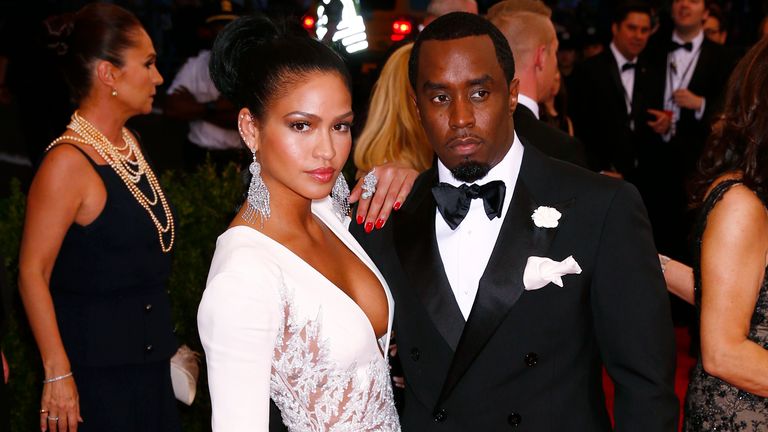 Diddy Assault Accusations Cassies Response And Happy Announcement
May 18, 2025
Diddy Assault Accusations Cassies Response And Happy Announcement
May 18, 2025 -
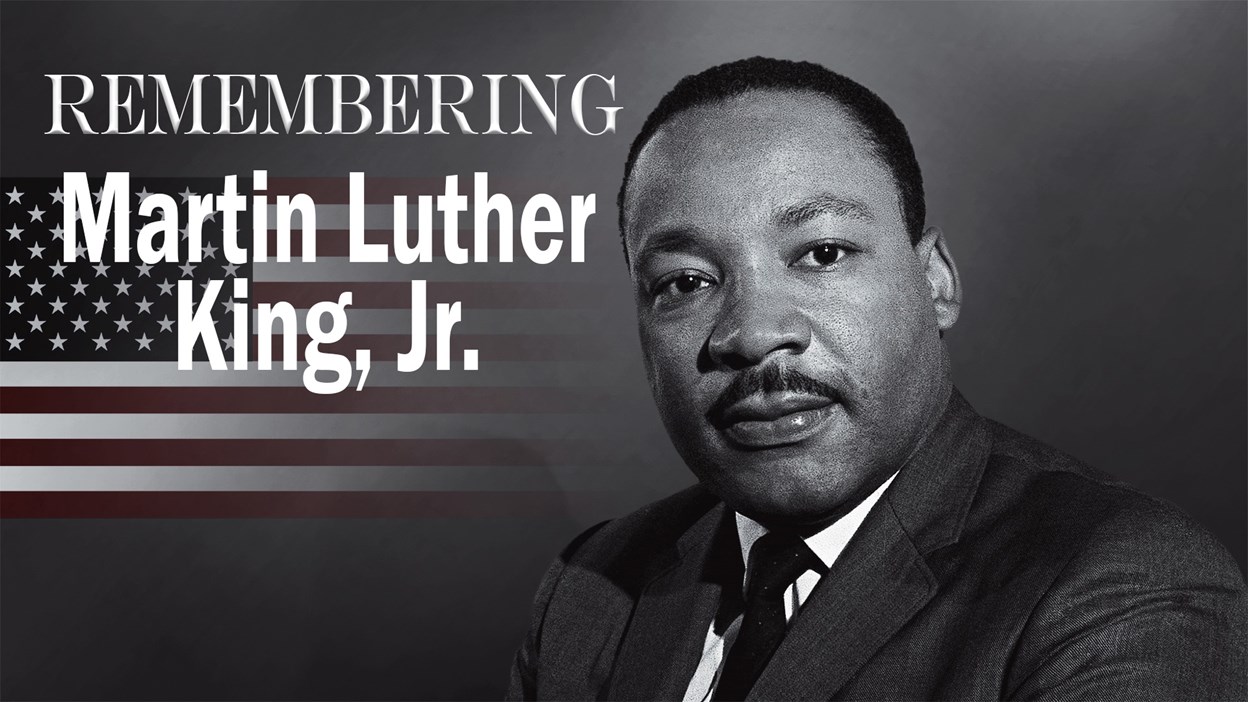 Majority Plan King Day Celebrations But 22 Seek Holidays End
May 18, 2025
Majority Plan King Day Celebrations But 22 Seek Holidays End
May 18, 2025
Latest Posts
-
 Anchor Brewings Closure What Happens Next For The Iconic Brewery
May 18, 2025
Anchor Brewings Closure What Happens Next For The Iconic Brewery
May 18, 2025 -
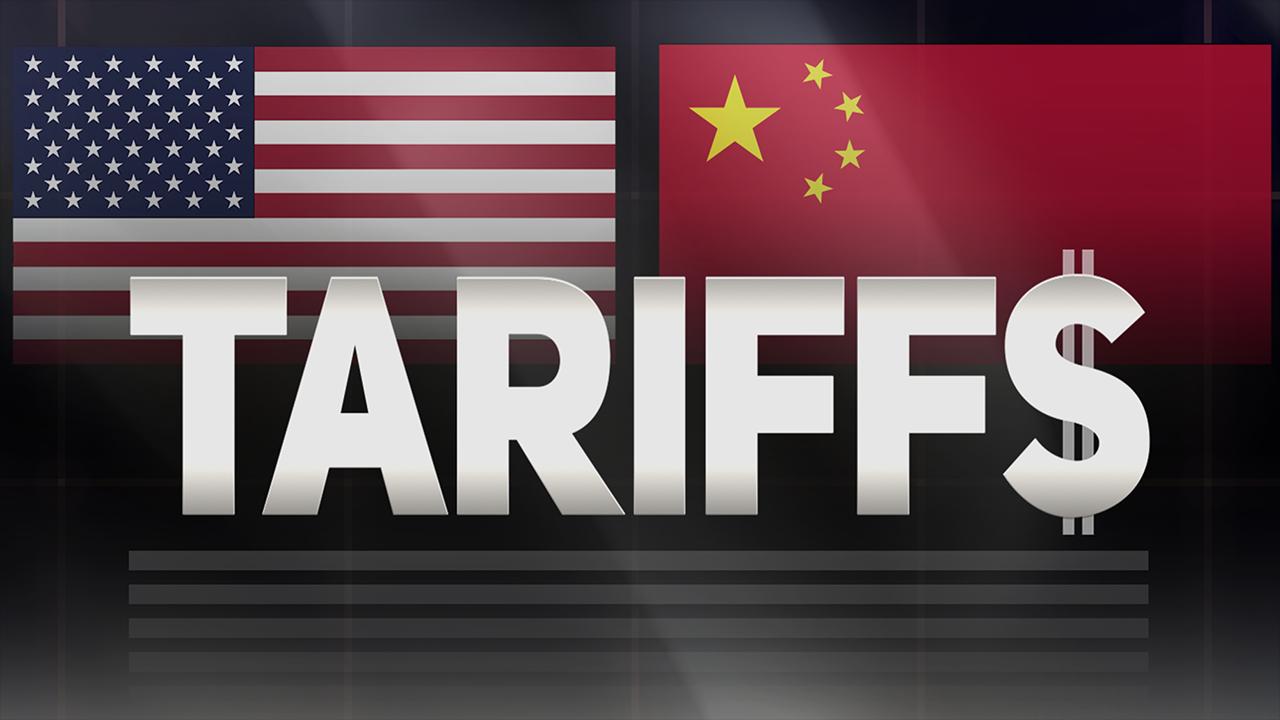 The Netherlands And The Trump Tariffs Public Opinion Against Retaliation
May 18, 2025
The Netherlands And The Trump Tariffs Public Opinion Against Retaliation
May 18, 2025 -
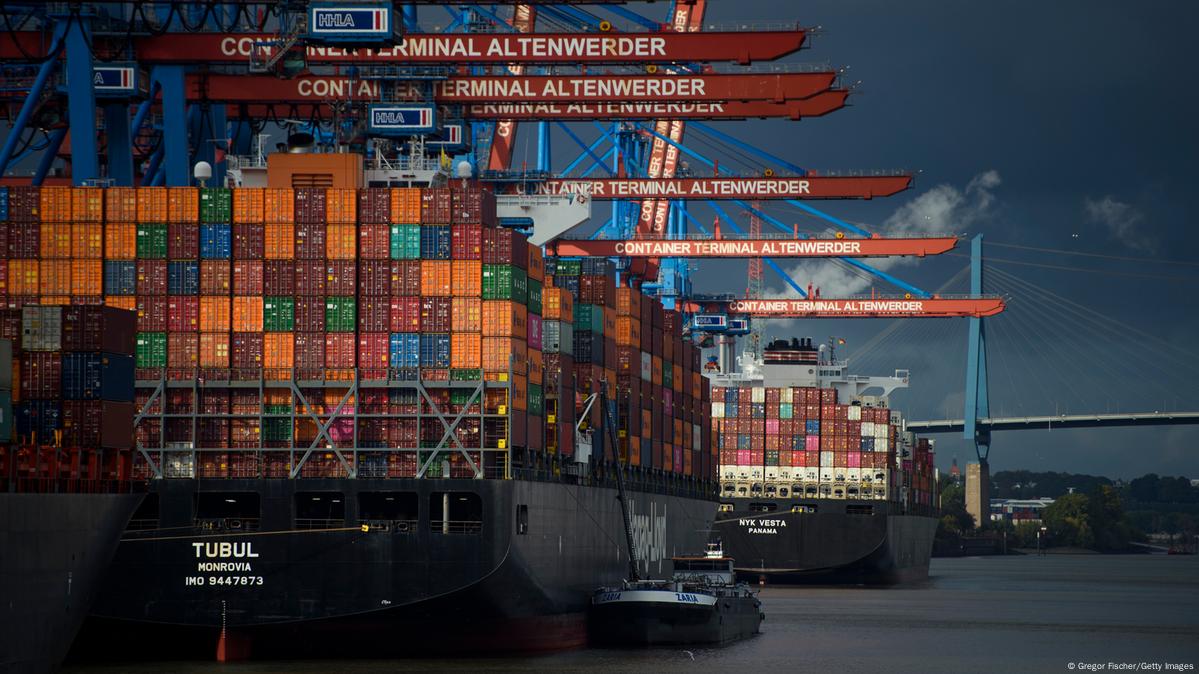 Netherlands Public Opposition To Eu Countermeasures On Us Tariffs
May 18, 2025
Netherlands Public Opposition To Eu Countermeasures On Us Tariffs
May 18, 2025 -
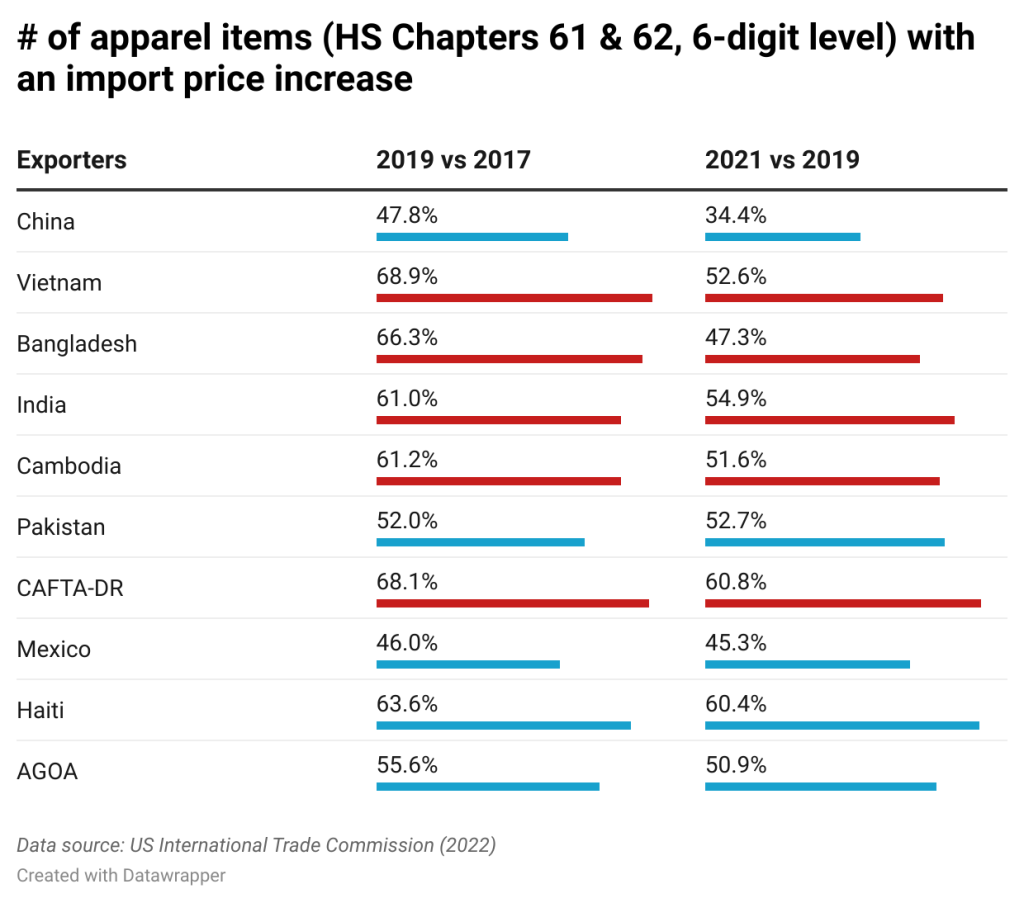 Poll Most Dutch Against Eu Retaliation On Trump Import Duties
May 18, 2025
Poll Most Dutch Against Eu Retaliation On Trump Import Duties
May 18, 2025 -
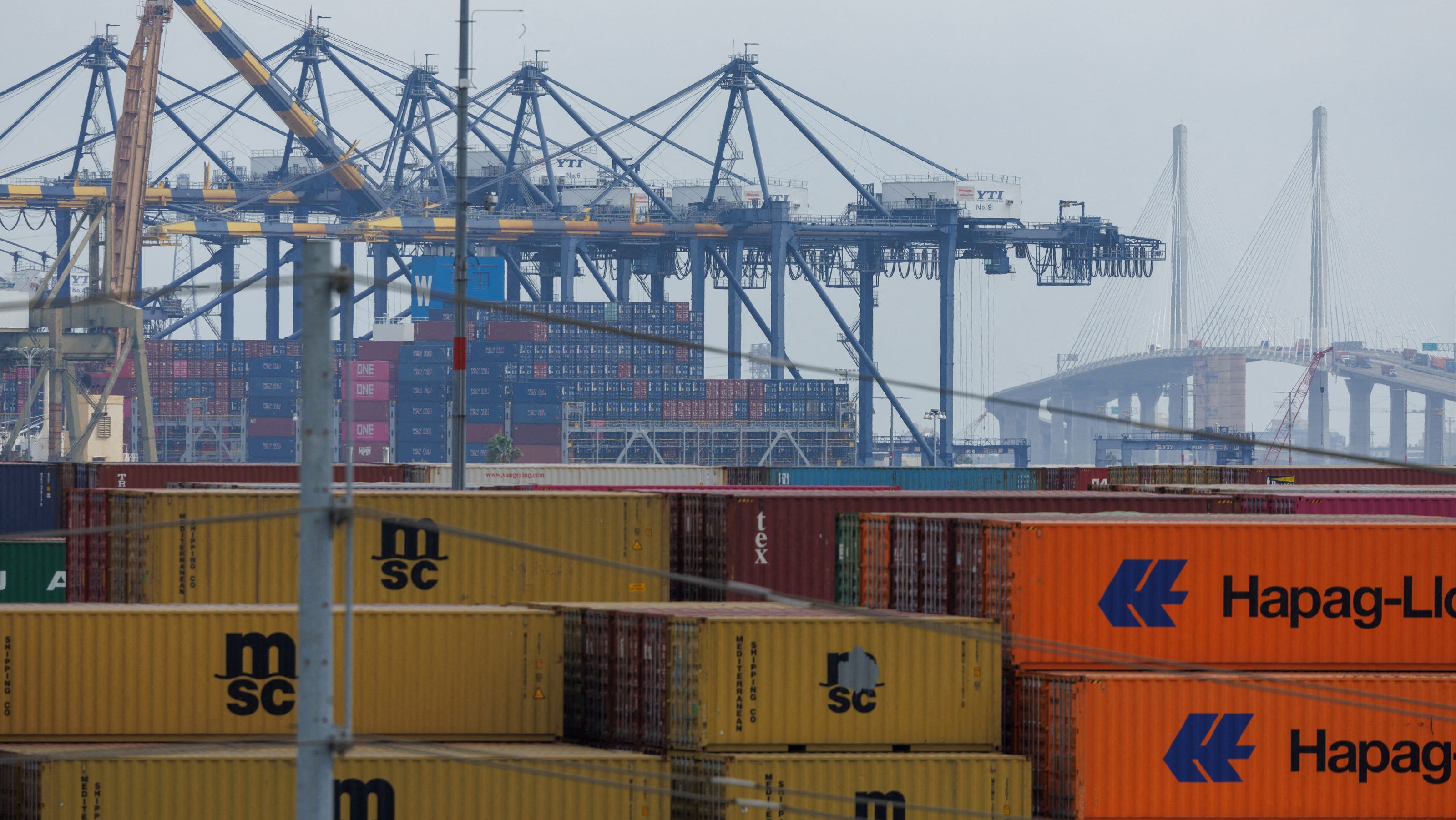 Public Opinion In The Netherlands Against Eu Response To Trump Tariffs
May 18, 2025
Public Opinion In The Netherlands Against Eu Response To Trump Tariffs
May 18, 2025
